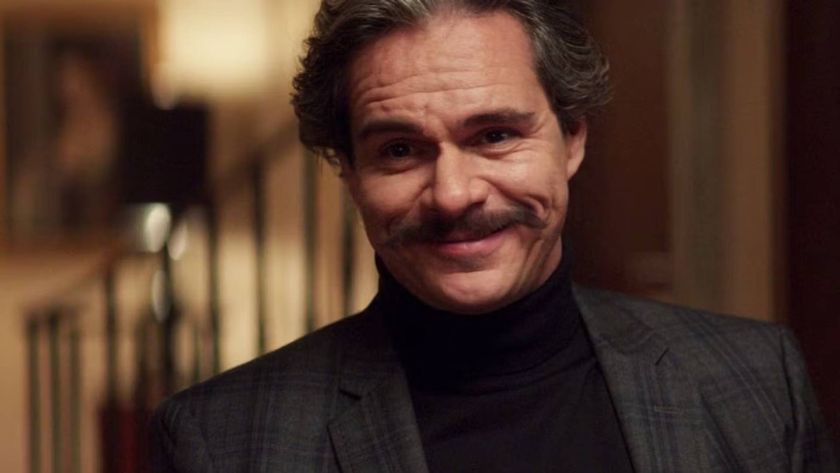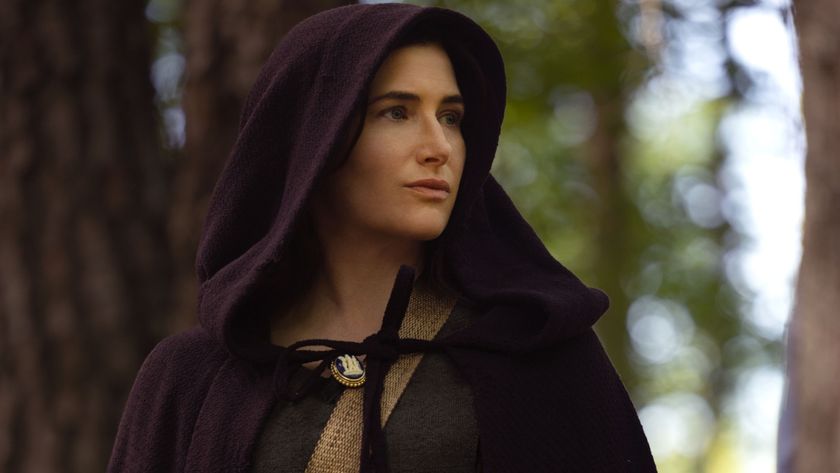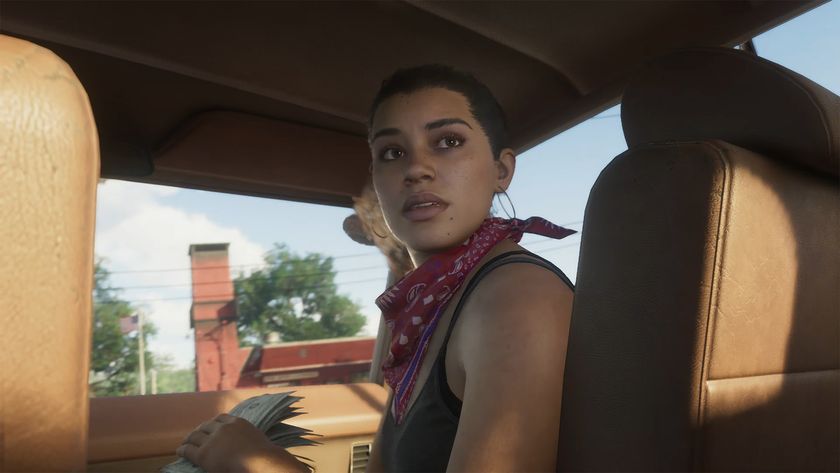INTERVIEW New short story market from Angry Robot
None
SFX chats with fiction editor Lee Harris about the new destination for downloadable short stories that launched today
SFX: What prompted you to launch Nano Editions?
Lee Harris: Well, we're big fans of the short form, but the markets available for authors to sell their short fiction have reduced considerably in recent years. Nano Editions are a way of us helping our authors get their work in front of readers, for a realistic price. Seriously - our authors have created some great short stories, and it would be a damn shame for them not to be read.
SFX: Why is what you're doing with Nano significant for Angry Robot? How long before other publishers follow suit?
Harris: It's a new way of doing things, and publishers have to be responsive to change. Do I see this being a big earner for Angry Robot? Unlikely. Possible, but unlikely. We're doing it because we love short stories, and want our authors to get paid for the great stories they write. As for other publishers - shortly after we made the decision to sell short fiction back in April, one other (major) publisher announced the same intention, so it's possible others will follow, though since their press release I've been unable to find their short stories for sale. Smaller publishers are likely to move faster on something like this, so expect more from the independents. Quite frankly, I'm astounded that other publishers haven't already done it!
SFX: How has online changed the way people read? Are ePub books the future of short stories?
Harris: I don't think the internet has had a major role in changing the way people read fiction, but it has been a game-changer with regard to access to books and authors. True, there are plenty of online magazines, but people tend to steer clear of long swathes of text in their browser. Magazine articles, news items, and shorter stories are good, but so many people spend all day in front of a monitor, the last thing they way to do with their free time is gaze at it some more. This is one area where eBook readers have come into their own. As for the ePub format being the future of short stories? No, I don't believe it is. Along with paper anthologies and collections, ePub is the present of short stories, but as with all (relatively) new formats, something else will supersede it, and probably sooner, rather than later.
SFX: You've got some big names on your list (like Dan Abnett); will there be any debut authors on your Nano list too?
Harris: For the moment, we're only publishing stories by our existing novelists, and stories that have already been through the editorial process. So, no debut titles. But there will be stories from a wide range of our authors, many of whom were debut novelists when we signed them. We're inviting our authors to select stories that have already been published elsewhere, and because the stories have already been edited, we don't have to spend time (and therefore money) in editing them, which means we can give the authors a much larger chunk of the selling price.
SFX: Seems like in a high street book store novels are the fiction medium of choice - how popular are short stories by comparison?
Harris: Short fiction anthologies and collections always sell significantly fewer copies than novels, which is why you don't see many of them, these days, except for the odd "Best Of" anthology and collections by A-list authors, who bring their readership with them. For lovers of the short form it's a damn shame. When I was a lad ( cue Hovis music ) I used to consume anthologies by the shelf-full. These days, it's hard to find them on a shelf, anywhere.
SFX: What makes shorts of 5-15k words a great form of fiction? What are the key components of a good piece of SF fiction of this size?
Harris: There are so many reasons to read a short story. They're great if you don't have time for a complete novel; if you're trying out an author for the first time; they're often quicker-paced than novels, as they don't tend to have subplots; many people simply prefer them. Different stories bring different priorities in terms of key components - some focus on the action, some on the characterisation, some on the tech. As with any length of fiction, though, a strong short story has to engage, with a strong opening, middle and end. Depending on which author you listen to, it's either easier to achieve (no distracting subplots, no lengthy backstory) or much harder (much less time to establish the characters/the world/the plot). But a good short story is always a pleasure to read. They're self-contained TV episodes, rather than three-hour movies; afternoon snacks, rather than three-course meals; stolen kisses, rather than three-year relationships.
Sign up to the SFX Newsletter
Get sneak previews, exclusive competitions and details of special events each month!
SFX: How has short fiction changed since you first started working in this business - are there any long term trends or changing preoccupations you've become aware of?
Harris: The fiction itself hasn't changed that much, to be honest. Popular themes cycle (zombies are the current favourite, but they'll shamble off, and something else will take their place). Flash fiction (very short stories) has become more popular, but despite the protestations of many to the contrary, short fiction is alive and well. The markets have changed, but the stories themselves continue to work in much the same way.
SFX: What are your ambitions going forward?
Harris: Well, we intend to continue to offer our Nano Editions alongside our novels, and if it proves popular it's likely we'll roll them out across our significant retailer base - Amazon, iBookstore, Barnes & Noble, Waterstones and so on. We hope to achieve the same thing we do with our novels - to showcase great stories by great writers, and get the world reading them. I really do have the best job in the world, you know!
SFX: Thanks Lee!
Find out more about the Nano Editions over at the Angry Robot store . Are you a regular reader of short SF stories? Is this the kind of online store that would prompt you to start reading them on your iPhone or eBook reader? Let us know in the comment thread below.
Dave was once the Group Editor-in-Chief for Future's film group, but now he's the COO of Pocket Gamer and Pocket Gamer Biz. He also freelances for SFX Magazine and hosts the Robby The Robot's Waiting podcast with a couple of friends.
Most Popular







